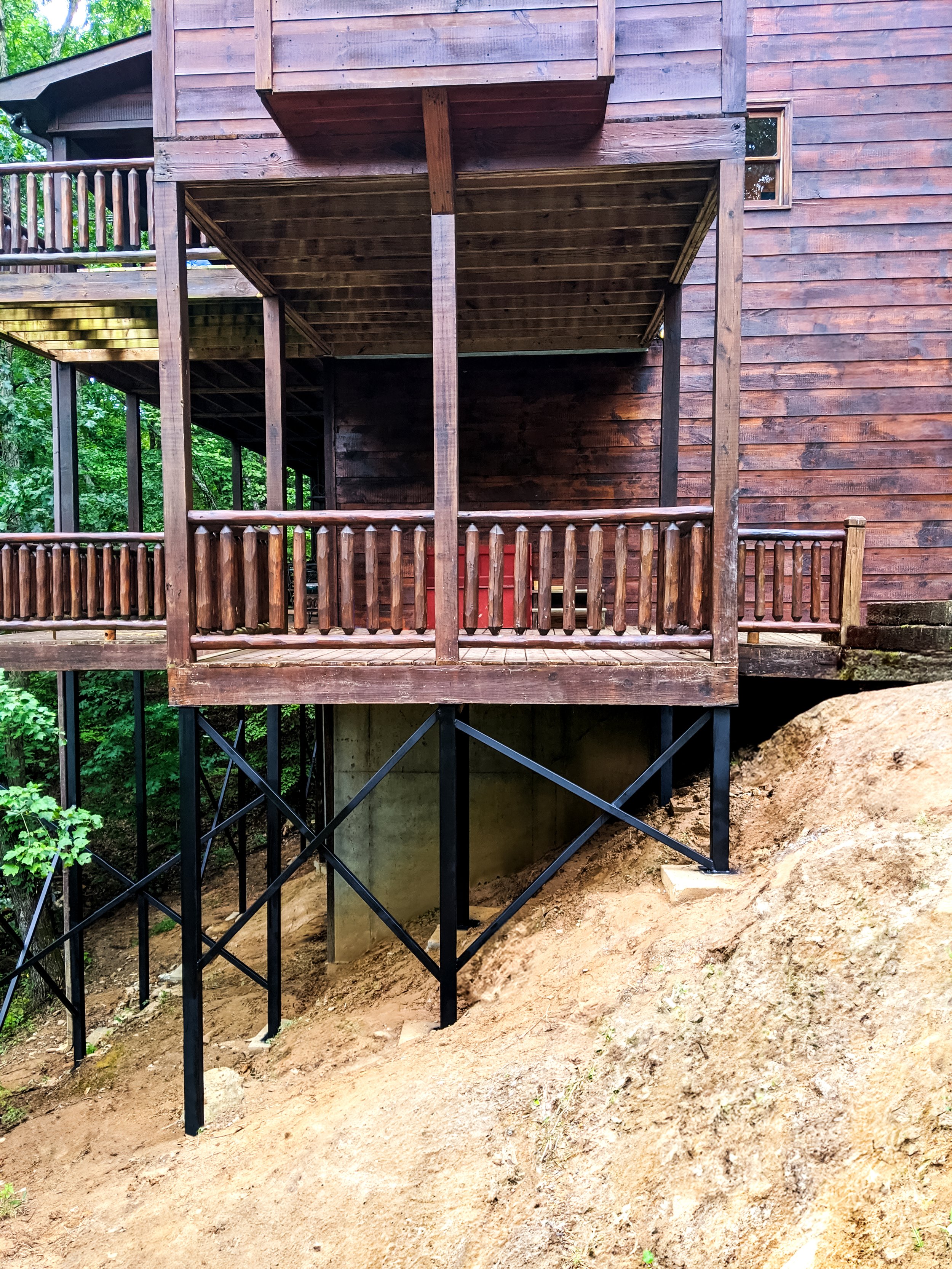Understanding Deck Construction: Is Your Deck Structural Work?
Introduction
Building a deck can be one of the most rewarding home improvement projects you take on. It's a space that extends your living area outdoors, offering a perfect spot for barbecues, family gatherings, or simply sipping coffee in the morning sun. But have you ever paused to consider whether your deck construction qualifies as structural work? This article delves deep into deck construction, examining its nuances and determining the boundaries between aesthetic enhancements and essential structural elements.
What is Structural Work?
Before we dive into the specifics of deck construction, it's crucial to define what we mean by "structural work." Structural work refers to any construction activity that involves load-bearing components essential to the safety and stability of a structure. So, when we talk about decks, we need to discern between cosmetic additions and those elements that ensure its integrity.

Understanding Deck Construction: Is Your Deck Structural Work?
When constructing a deck, numerous factors come into play—material choices, design variations, local building codes, and more. But how do you know if your deck construction is merely decorative or if it requires serious structural consideration? Factors such as load-bearing beams, the foundation type, and even the height above ground level all contribute to this determination.
Deck Materials: Choosing Wisely
Wood vs. Composite Decking
Selecting materials is one of the first steps in deck construction. Wood remains a popular choice due to its natural aesthetics; however, composite materials are gaining traction for their durability.
-
Pros of Wood:
-
Aesthetic appeal
-
Customizable
-
Traditional look
-
Cons of Wood:

-
Requires regular maintenance
-
Prone to rot
-
Pros of Composite:
-
Low maintenance
-
Resistant to rot
-
Variety of colors
-
Cons of Composite:
-
Higher upfront cost
-
Less customizable
By weighing these pros and cons against your needs and budget, you'll make an informed decision.
Design Considerations for Structural Integrity
Design plays a vital role in ensuring that your deck functions safely and effectively. Here are some aspects you should consider:
Common Types of Decks
Understanding different types of decks can also help clarify what constitutes structural work:
- Ground-Level Decks: Typically closer to the ground with minimal elevation issues.
- Raised Decks: These require additional supports due to their height.
- Multi-Tiered Decks: Often complex and require careful planning for load distribution.
Local Building Codes & Permits
Why You Should Always Check Local Codes
One cannot stress enough how vital local building codes are in deck construction. These codes ensure safety standards are met and dictate what constitutes structural work. Always check with your local building authority before starting any project!
Important Aspects Covered by Building Codes:
- Minimum material specifications
- Load requirements based on location
- Safety features such as railings
Obtaining Necessary Permits
In many areas, constructing a deck requires permits. Failing to obtain them could lead not only to fines but also complications when selling your home later on.
Structural Components of a Deck
When considering professional structural deck repair whether your deck is mainly aesthetic or if it involves structural work, focus on these key components:
Each component serves a distinct purpose in supporting weight and maintaining stability.
The Role of Footings in Structure Integrity
Footings absorb weight from above-ground structures while preventing settling over time—essentially acting as the foundation for your deck.
FAQs About Deck Construction
FAQ #1: Do I Need a Permit for My New Deck?
Yes! Most municipalities require permits for new decks that exceed certain dimensions or height limitations.

FAQ #2: What Are Load-Bearing Beams?
Load-bearing beams are critical components designed to support weight across spans within your deck framework.
FAQ #3: How Do I Know If My Deck Needs Repair?
Look for signs like sagging boards or cracks in posts; these often indicate that structural repair may be necessary.
FAQ #4: Can I Build My Own Deck?
If you're handy and knowledgeable about building codes and techniques, yes! However, consulting with professionals can save time and headaches down the line.
FAQ #5: How Long Will My Deck Last?
With proper care—like regular inspections and maintenance—you can expect wooden decks to last around 10-15 years while composite materials may last up to 25 years or longer.
FAQ #6: What’s Involved in Structural Deck Repair?
Structural repair involves assessing damage (like rotting wood), replacing compromised components (like joists), and ensuring that everything meets local code requirements again.
Conclusion
In conclusion, understanding whether your deck construction qualifies as structural work requires careful consideration of various factors including materials used, design choices made, local building codes adhered to, and essential components incorporated into your build. Whether you're embarking on this journey yourself or hiring professionals for assistance like structural deck repair services, always prioritize safety above all else.
Decks can be beautiful extensions of our homes—spaces where cherished memories are made—but they must also stand strong against time's test! By grasping these fundamentals about Understanding Deck Construction you’ll ensure that yours remains both functional and aesthetically pleasing for years to come!
Now go ahead! Get out there with confidence—or at least armed with knowledge—and make those outdoor dreams come true!